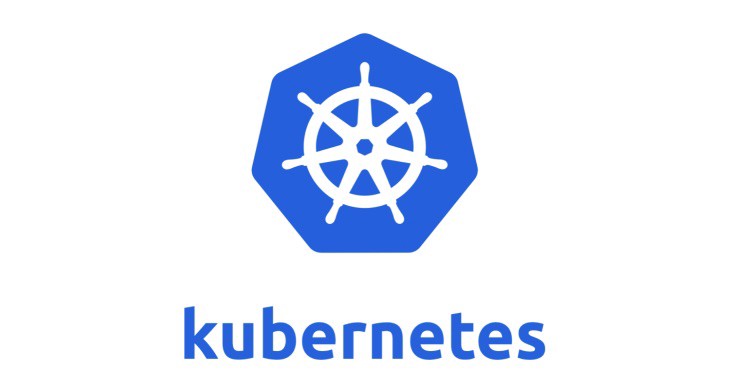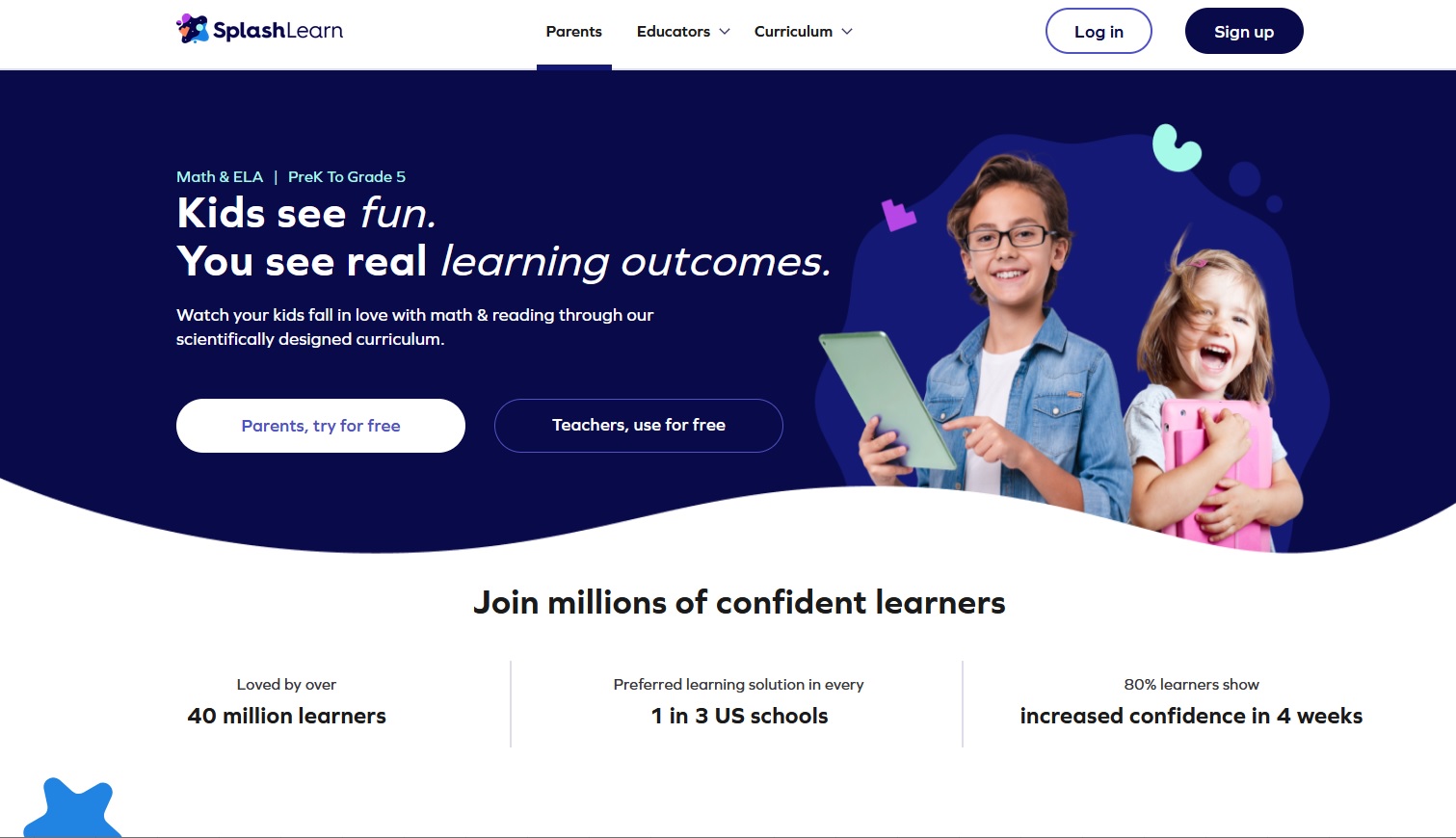The Information Technology (IT) sector is continuously growing with technological advancements at its peak. It is providing tremendous benefits for companies and society alike. However, the industry is facing a tricky balancing act – promoting more innovative initiatives while managing the security and other challenges that these initiatives bring. The same holds true for IT professionals as well; while there are many job opportunities for them across the world, they constantly need to upgrade themselves to stay competitive in this dynamic job scenario.
If we focus on software development alone, companies that promoted the Agile way of working are upgrading to incorporate DevOps methodology. DevOps facilitate the elimination of bottlenecks, make software delivery smooth, and release new features to the market quickly. Companies that are adopting DevOps train their teams to follow a particular set of rules, steps, and tools. Kubernetes is one such powerful DevOps tool that enhances the collaboration between IT operations and development by simplifying the build, test, and deploy pipelines.
Do these terms seem confusing? So, let us take a deeper look at DevOps, Kubernetes, and why professionals prefer taking Kubernetes Certification to get ahead in DevOps.
What is DevOps?
You must be quick to point out that the term DevOps is a combination of two words Development (Dev) and Operations (Ops). Technically, it refers to the collaboration between the development team and the operations team so that they can have a shared goal of streamlining the software process from design to production.
Traditionally, professionals from the development team used to work separately from the operations team. Often, the delivery of the software got delayed due to a lack of communication between these teams as both didn’t understand the challenges faced during every stage. DevOps addressed these issues by promoting cross-functional teams and automating the processes using different tools.
One of the best practices that DevOps teams implement to automate the software release process is Continuous Integration and Continuous Delivery.
Continuous Integration – It is a practice where developers merge their code into a shared repository regularly, unlike traditional practice where the code was integrated into the repository at the end of the project lifecycle. Automated builds and tests are then run on the code so as to detect bugs in initial stages only and fix them. This results in improved software quality and quicker validation and release of new software versions.
Continuous Delivery – This is a practice followed after continuous integration ends. The software delivery process is automated and the integrated code is delivered into the production stage without any bugs. It lets the team automatically build, test, and prepare code changes for release to production and results in more efficient and rapid software delivery.
What is Kubernetes?
Originally designed by tech giant Google, Kubernetes is an open-source platform used for automating deployment, scaling, and managing containerized applications. As an enhancement to virtual machines, containers were introduced. Containers have their own filesystem, CPU, memory, and even process space and they facilitate the bundling and running of your application.
Kubernetes is used to manage the containers and ensure there is no downtime by providing a framework to run distributed systems resiliently. It is responsible for taking care of scaling and failover of applications and providing deployment patterns. Many cloud services offer a Kubernetes-based platform on which Kubernetes can be deployed. Many brands have successfully adopted Kubernetes like Adidas, AppDirect, Spotify, Bose, CapitalOne, Goldman Sachs, Huawei, and IBM.
Why Should You Get Kubernetes Certified?
Container technology has become quite popular in recent times and Kubernetes is out in the front. One out of four enterprises now invests over $250,000 per year on container technology. Containerized applications are today found across various environments like on-premises (45%), private cloud (29%), and public cloud (37%). Moreover, there has been a whopping 51 percent increase in the adoption of Kubernetes in 2019.
So, it goes without saying that learning Kubernetes is crucial to becoming a DevOps Engineer. You can demonstrate your skills in this area by achieving the Certified Kubernetes Administrator (CKA) credential. The certification is offered by the Cloud Native Computing Foundation (CNCF) in collaboration with the Linux Foundation. Professionals gaining this credential can establish their credibility in the marketplace and are recognized by companies who are looking for the right candidates to be a part of their high-quality teams to support their growth.
It is interesting to know from surveys that the share of Kubernetes jobs per million grew by 2141% and the share of Kubernetes job searches increased 2125% from October 2015 to October 2019. However, there isn’t enough talent to fill the various job opportunities available across the world. The top recruiters for Kubernetes jobs include IBM, Verizon, Cisco, and VMware.
If you are concerned about the salary prospects, you would be amazed to know that DevOps Engineers earn an average salary of around Rs. 675K in India annually. So by getting Kubernetes certified, you would further enhance your DevOps career and become a valuable asset of your organization.
The Next Step
Now you know of the compelling reasons to achieve the CKA certification. While people have different approaches to preparing for any certification exams, many of them prefer taking up a training program from a reputed institute. Today, you have the facility of learning anytime anywhere through online courses. So why not take up an online Certified Kubernetes Administrator course and explore the world of container technology. Learn from the industry experts, prepare for the CKA exam, and benchmark your skills.








Add Comment